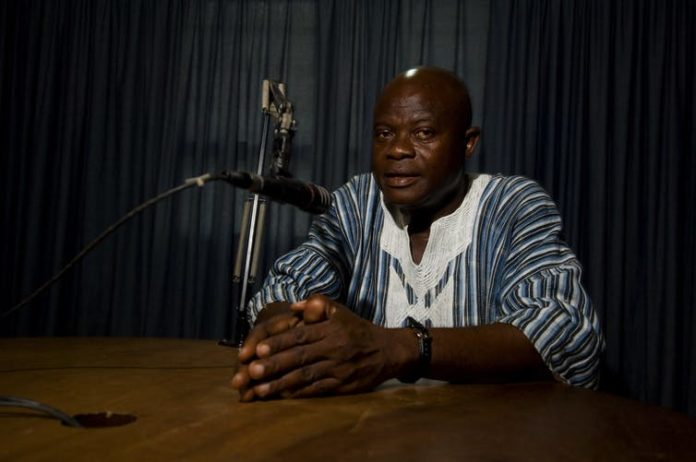|
Getting your Trinity Audio player ready...
|
Political news reporting in Ghana is changing. It is more common to find sensational and humorous stories incorporated into political news than it was a few years ago. This raises questions about the quality of political news and the impact it has on democracy.
The medium that seems to be leading the trend is radio, particularly the privately owned stations.
Since a court ruling in 1994 which opened the doors for private radio stations to operate, there are far more of these in Ghana than state-owned stations.
In Ghana as in much of Africa, radio is the most popular and accessible medium. It has the biggest audience share over all other traditional media like TV and newspapers. Because much of the political news people consume is through the media, radio serves as the dominant source of political information. This gives radio immense power in shaping public perceptions about politics and politicians.
Yet most consumers know very little about how political news is selected.
To find out, I interviewed political editors and journalists from two private radio stations in Ghana in addition to (women) politicians and civil society experts.
The findings showed an increase in commercialisation of political news content and a lack of professionalism.
Both of these trends undermine democracy as they result in news that does not reflect the full range of political voices or views. Political content focuses on views that conform to the radio stations’ operational goals. If the quality of democracy in a country partly relies on the kind of political information that citizens get from the media, then attention must be paid to how political news is produced.
Commercialisation of content
Generally, journalists employ news values to select information. Key among these are impact, proximity, conflict, power elite and prominence.
However, my study revealed that for journalists in Ghanaian private radio stations, newsworthiness is about power elite, controversy and conflict. The more important the personality, the higher the audience appeal. Journalists said they do not only prefer higher ranked politicians but those with charisma and social capital. These tend to attract more listeners.
Politicians who can give exciting soundbites, who are notoriously controversial or who already have a large social following have greater media access than those without these qualities. Such sources, together with controversial or conflict stories, make for good listening.
As one journalist stated:
any editor will know about the news values but for us, the most important is where is the conflict and where is the controversy?
That focus creates a combative political reality over time. It may also fuel divisions and discourage some citizens from participating in politics.
In this news-making model, audiences are viewed not as citizens but as consumers. News has limited informational value since content is more sensational than factual.
Additionally, focusing on political sources with particular traits means that only a limited view of political issues and perspectives is represented in the news. This serves to exclude many other sources – such as female politicians, who noted in the interviews that they were generally opposed to being drawn into aggressive “debates” on air.
Lack of professionalism
Apart from news values, other factors shaping political news production are media ownership and incentive-driven coverage leading to biased reporting. Private radio stations are owned by political actors or entrepreneurs who are usually affiliated to a political party. The state broadcaster is not a dominant player in audience share as might be the case in other countries.
One senior editor explained:
Media ownership today in Ghana is in the hands of the people we are supposed to be watching and questioning and demanding accountability from. The print, electronic, TV and radio media are controlled, owned, managed by politicians and business owners … So true independent media today in Ghana, I can say, does not exist. Even state-owned media which is supposed to be public service television and radio aren’t entirely independent.
Consequently, news content usually favours these allies.
Similarly, the culture of paying journalists to cover events, popularly known as “soli” or “payola”, affects reporting. This was a sore point raised by women we interviewed who were candidates in the 2016 elections.
Because female politicians have less campaign funding than their male counterparts, they struggle the most with getting their activities into the news. This is partly because they do not have the funds to pay journalists to cover them. A few media organisations have banned their employees from taking any payola but the practice is too widespread for the bans to make much of a difference.
Consequences for political participation
Private radio stations in Ghana play a role in holding government officials to account and serving public interests. But the political news-making practices that have been outlined here present a limited version of politics and politicians to citizens. These practices also undermine people’s trust in the media and discourage political participation.
Additionally, they contribute to presenting politics as a reserve for men, weakening national and global efforts to achieve gender equality in politics.
While the National Media Commission and Ghana Journalist Association need more stringent measures to address this growing trend in political news production, citizens should also be more critical of the news they consume and demand higher standards of journalism.
Sally Osei-Appiah, Teaching Associate, School of Media and Communication, University of Leeds
This article is republished from The Conversation under a Creative Commons license. Read the original article.





